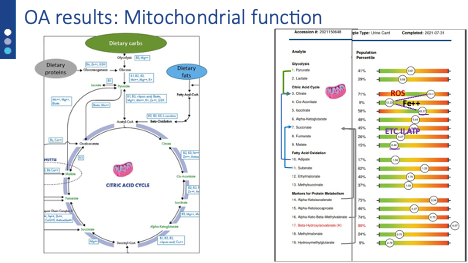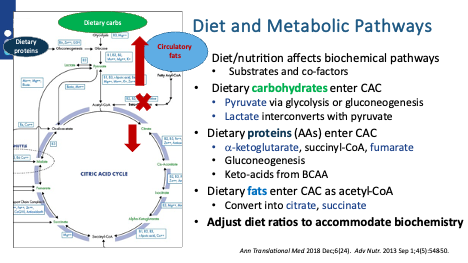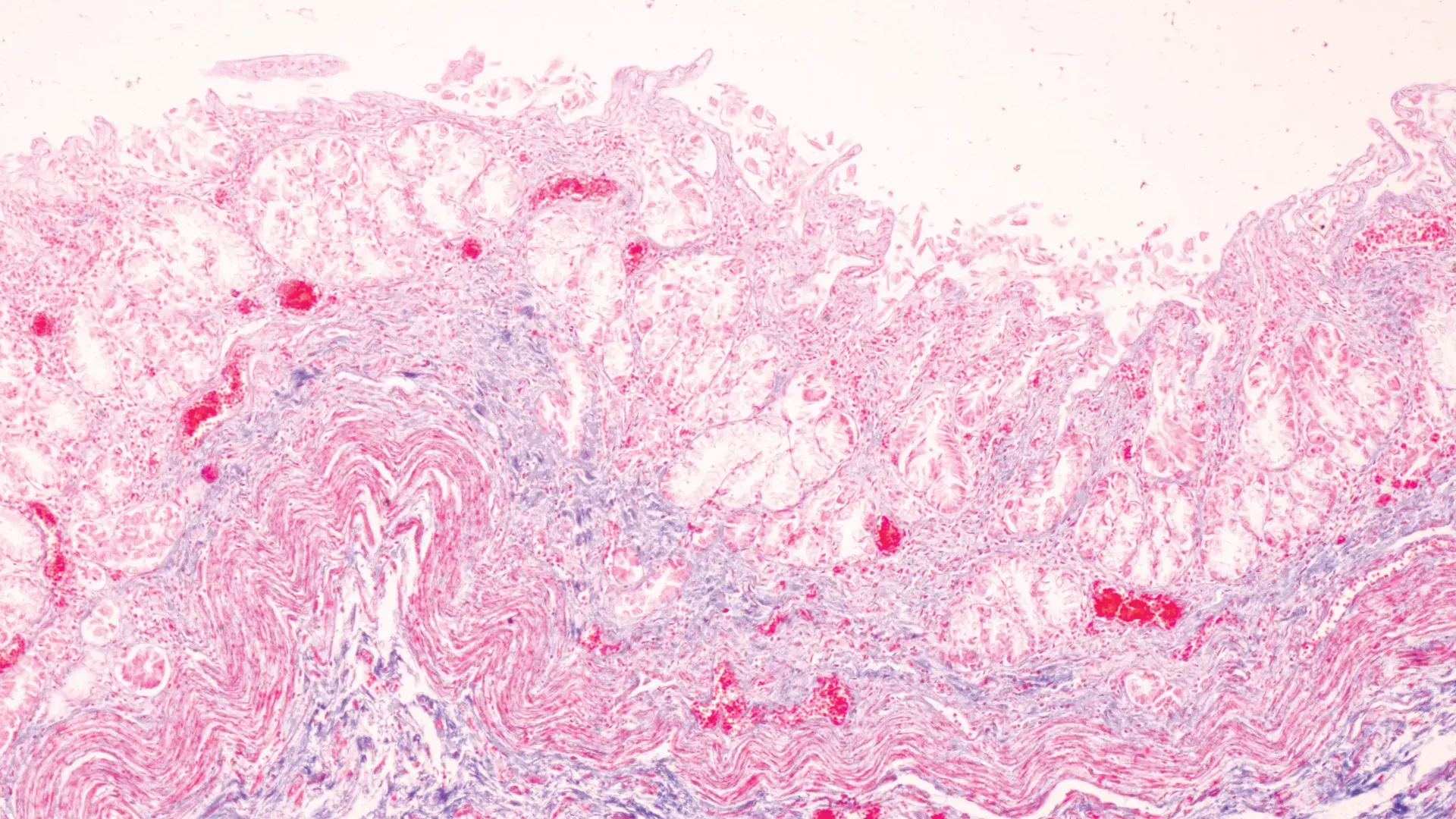4 Questions on NAD/NADH Testing Answered
Unlocking the Secrets of Cellular Energy
2 min read
![]() Dr. Andrea Gruszecki, ND
:
December 19, 2022 at 9:46 AM
Dr. Andrea Gruszecki, ND
:
December 19, 2022 at 9:46 AM

Tis the season to overindulge. Between holiday parties, traditional favorite dishes, and gifts of cookies, cakes, candies, etc., set out everywhere for sharing, it is difficult to avoid excess calories, and for those who drink, alcohol may also be enjoyed to excess (or beyond!).
Mitochondria produce the ATP energy our bodies require. So, what does holiday indulgence have to do with mitochondria? Both overnutrition and excess alcohol use can exacerbate existing mitochondrial dysfunction and inflammation. Without good mitochondrial function, patients may be more inflamed, fatigued, or depressed. Mitochondrial function is also essential for proper immune system responses – dysfunctional mitochondria may not respond appropriately when patients are exposed to pathogens such as cold, flu, Coronavirus, or respiratory syncytial virus (RSV).
Alcohol detoxification occurs via cytochrome P450 enzymes found within mitochondria such as CYP1A1, 2B1, 2E1, etc. These same enzymes are important not only for alcohol and chemical detoxification but for hormone and lipid metabolism. All cytochrome P450 enzymes need a heme-iron molecule in their structure, and all require NAD(H) as a cofactor to function. Alcohol dehydrogenase, the other primary alcohol detoxification enzyme also requires NAD(H), and needs zinc incorporated into its structure. The cofactor NAD(H) is derived from vitamin B3, so individuals low in B-vitamins or minerals may have problems with alcohol detoxification or other metabolic functions.
A functional assessment of mitochondrial function is available using US BioTek’s dried urine Organic Acids profile:

The pattern of analytes can provide a great deal of information regarding mineral and specific B-vitamin needs. It is easy to see in the image just how important B3 (as NAD(H) or NADP) is to mitochondrial function – almost every step in the mitochondrial citric acid cycle requires B3!
Alcohol is not the only indulgence that can disrupt mitochondrial function, however. Overnutrition (the chronic consumption of excess calories) increases chronic inflammation and the risk of type II diabetes. Overnutrition also dysregulates mitochondrial function. The dysregulation may be worse in patients who cannot properly assimilate macronutrients such as carbohydrates, fats, and proteins.

In addition to nutritional mitochondrial supports, patients may be educated to avoid over-indulgence in the first place. The Mayo Clinic offers the following advice to support healthy celebrations:
‘Tis the season for celebration, not overindulgence. Keep your patient’s mitochondria merry and bright this season so all can enjoy a happy, healthy holiday season.
Resources:
Hernández-Aguilera A, Rull A, Rodríguez-Gallego E, Riera-Borrull M, Luciano-Mateo F, Camps J, Menéndez JA, Joven J. Mitochondrial dysfunction: a basic mechanism in inflammation-related non-communicable diseases and therapeutic opportunities. Mediators Inflamm. 2013;2013:135698.
Ahn T, Yun CH. Molecular mechanisms regulating the mitochondrial targeting of microsomal cytochrome P450 enzymes. Curr Drug Metab. 2010 Dec;11(10):830-8.
Cederbaum AI. Alcohol metabolism. Clin Liver Dis. 2012 Nov;16(4):667-85.
Mayo Clinic Health System (2020) 7 tips for reining in holiday overeating. https://www.mayoclinichealthsystem.org/hometown-health/speaking-of-health/7-tips-for-reining-in-holiday-overeating Accessed 22 November 2022.
Nosyrev AE, Papadakis EG, Spandidos DA, Drakoulis N, Tsatsakis AM. Application of metabolomics: Focus on the quantification of organic acids in healthy adults. Int J Mol Med. 2017 Jul;40(1):112-120.
Sangar MC, Bansal S, Avadhani NG. Bimodal targeting of microsomal cytochrome P450s to mitochondria: implications in drug metabolism and toxicity. Expert Opin Drug Metab Toxicol. 2010 Oct;6(10):1231-51.

Unlocking the Secrets of Cellular Energy

Short chain fatty acids (SCFAs) are organic acids produced by bacterial fermentation of dietary fibre and resistant starch. Enterocytes and...

Zonulin has emerged as a popular marker to assess the integrity of the intestinal mucosal barrier. Discovered by Dr Alessio Fasano, Zonulin...